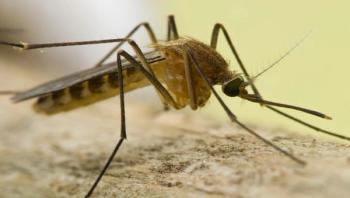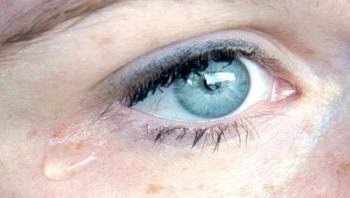
News




A factor found in umbilical cord blood could become the basis for developing a new therapy to fight harmful inflammation, University of Utah School of Medicine researchers report. When given to mice, the newly discovered factor countered signs of inflammation and sepsis, such as fever, fluctuations in respiratory rate, and death. The factor circulates in the blood of newborns for about two weeks after birth and is not found in older babies or adults, according to the study published online Sept. 6, 2016, in the Journal of Clinical Investigation.









Scientists have built a new sensor that can detect the potentially deadly E. coli bacteria in 15 to 20 minutes, much faster than traditional lab tests. E. coli can be transmitted in contaminated food and water, posing particular risks to children and the elderly. In the late spring of 2011 a serious outbreak of E. coli bacteria sickened thousands of people in Germany and killed more than 50.



Researchers have found that Zika virus can live in eyes and have identified genetic material from the virus in tears, according to a study from Washington University School of Medicine in St. Louis. The study, in mice, helps explain why some Zika patients develop eye disease including a condition known as uveitis which can lead to permanent vision loss












